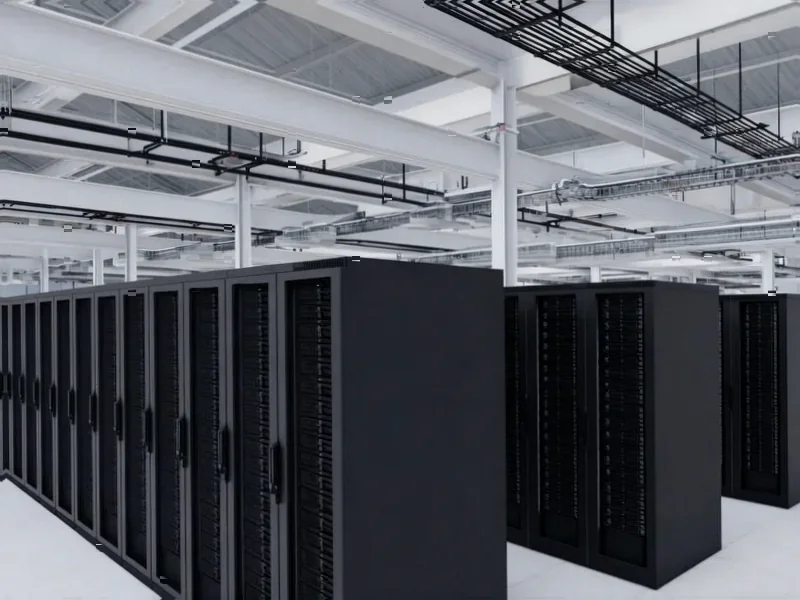According to DCD, Microsoft will invest $7.9 billion in the UAE between 2026 and the end of 2029, with $5.5 billion dedicated to AI and cloud infrastructure expansion and $2.4 billion covering operating expenses and costs of goods sold. The announcement from Microsoft vice chair Brad Smith reveals this brings the company’s total commitment under its UAE AI initiative to $15.2 billion since early 2023, including previous investments like a $1.5 billion equity stake in G42 and $4.6 billion in data center capital expenditures. Microsoft has already deployed the equivalent of 21,500 Nvidia A100 chips in the region and secured export licenses for an additional 60,400 A100-equivalent GPUs, including Nvidia’s GB300s. The company’s partnership with G42, backed by government assurances on responsible AI deployment, includes plans for global data center development and a sovereign cloud offering with Abu Dhabi authorities. This massive investment signals Microsoft’s deepening strategic commitment to the Middle East’s digital transformation.
The Geopolitical Chessboard
Microsoft’s timing here is anything but accidental. The UAE has positioned itself as a neutral technology hub between East and West, offering Microsoft a strategic foothold in a region that’s increasingly important for global AI development. What’s particularly telling is Microsoft’s emphasis on having secured export licenses from the Commerce Department – this isn’t just about building data centers, it’s about establishing the UAE as a compliant, US-aligned AI development center at a time when other regions face export restrictions. The partnership with G42, which required government assurances, effectively makes Microsoft the gatekeeper for advanced AI technology flowing into the region, creating a powerful competitive moat against Chinese tech giants and even other Western cloud providers.
Following the Financial Logic
While $7.9 billion seems enormous, the business case becomes clearer when you examine the revenue potential. The Middle East cloud market is projected to exceed $30 billion by 2028, with AI services representing the highest-margin segment. Microsoft’s investment essentially pre-positions them to capture government digital transformation contracts, sovereign cloud deployments, and enterprise AI adoption across oil and gas, finance, and healthcare sectors. More importantly, they’re building infrastructure that will serve not just the UAE but the broader Middle East, Africa, and South Asia regions – markets where cloud adoption is still in early innings but growth rates are accelerating rapidly.
Outmaneuvering Cloud Rivals
This move puts significant pressure on Amazon Web Services and Google Cloud in a critical growth market. While AWS has a presence in Bahrain and Google Cloud in Qatar, neither has committed to this scale of AI-specific infrastructure in the UAE. Microsoft’s sovereign cloud offering with local partners addresses a key concern for government and financial services clients who want data residency and compliance with local regulations. The timing is particularly strategic given that Saudi Arabia’s Vision 2030 and the UAE’s various digital initiatives are driving massive public sector spending on technology infrastructure – spending that Microsoft is now perfectly positioned to capture.
Beyond the Immediate Investment
The real strategic value may lie in what this enables beyond direct cloud revenue. By establishing the UAE as an AI hub, Microsoft creates a beachhead for influencing AI regulation and standards across the Muslim world and Global South. They’re also building relationships with sovereign wealth funds that could become significant investors in Microsoft’s broader AI ecosystem. The infrastructure itself becomes valuable real estate – as AI workloads grow exponentially, having pre-built capacity in strategically located regions becomes a competitive advantage that’s difficult for latecomers to replicate. This isn’t just an investment in today’s cloud business; it’s a bet on controlling the AI infrastructure that will power the next decade of digital transformation across emerging markets.




